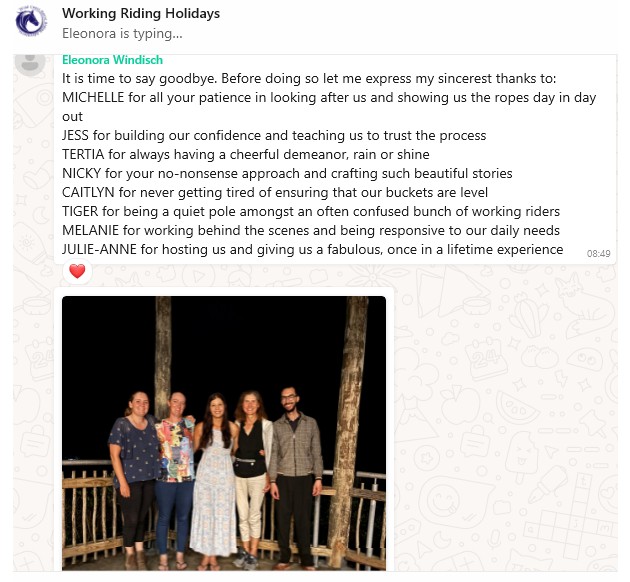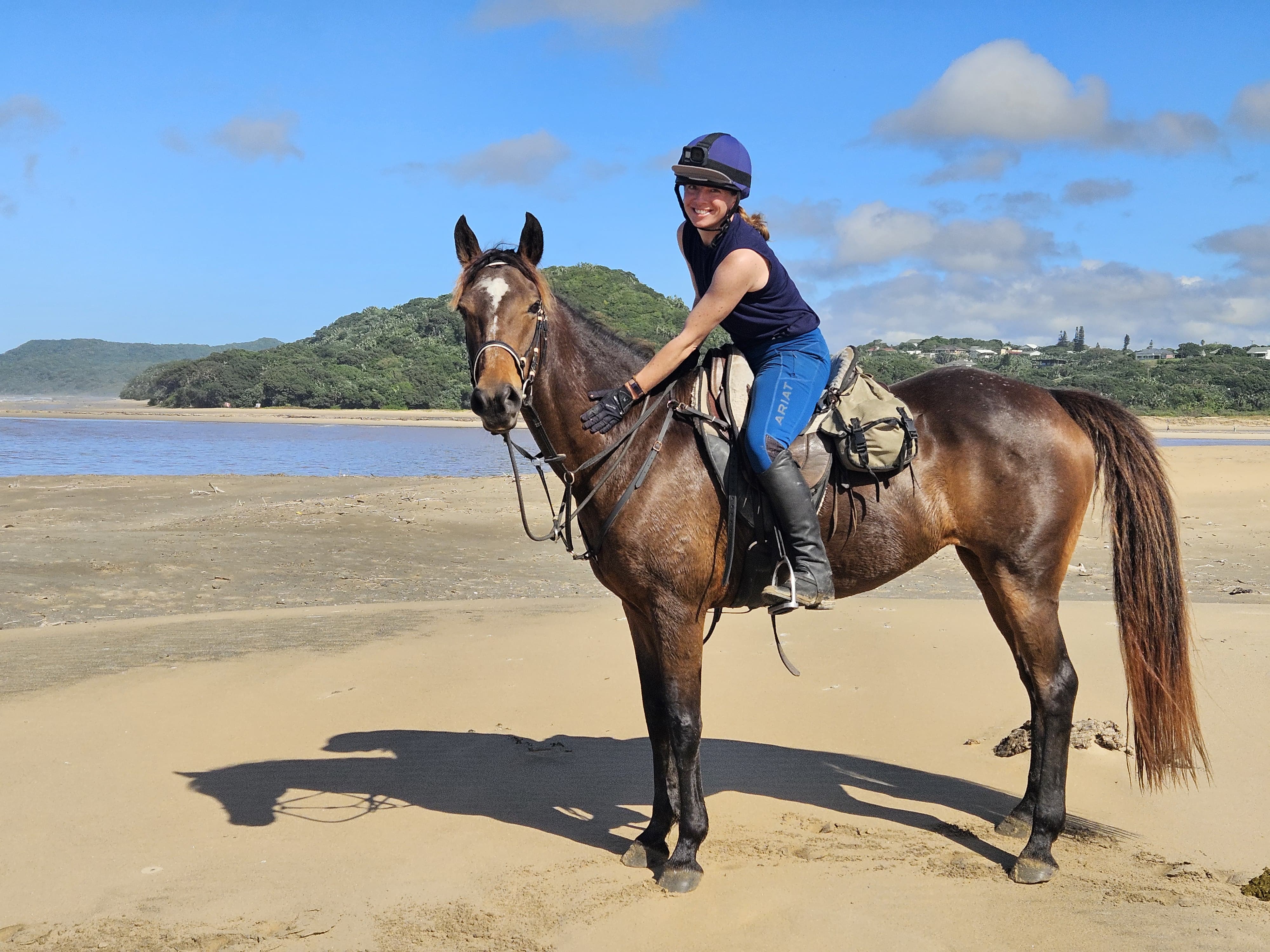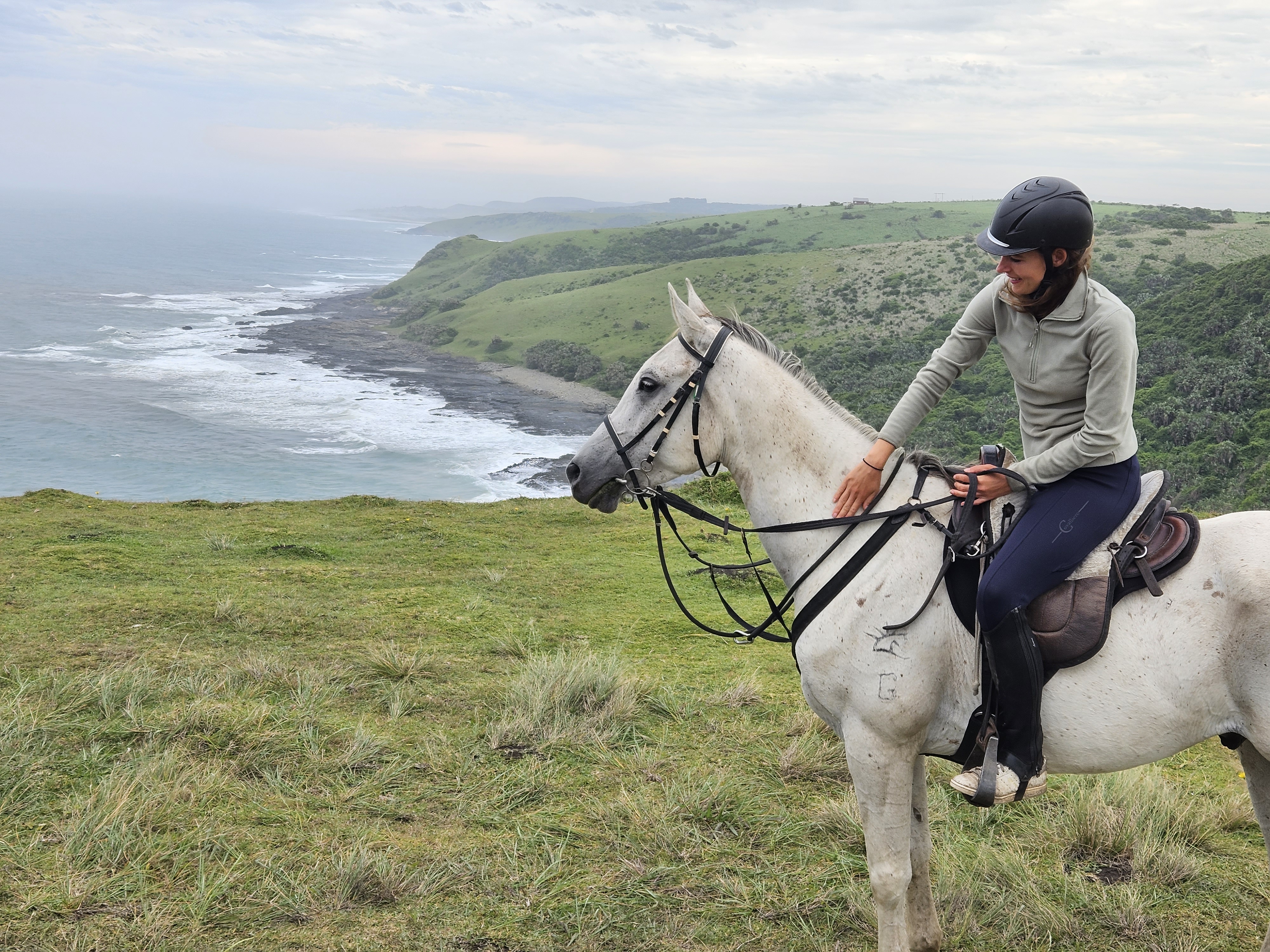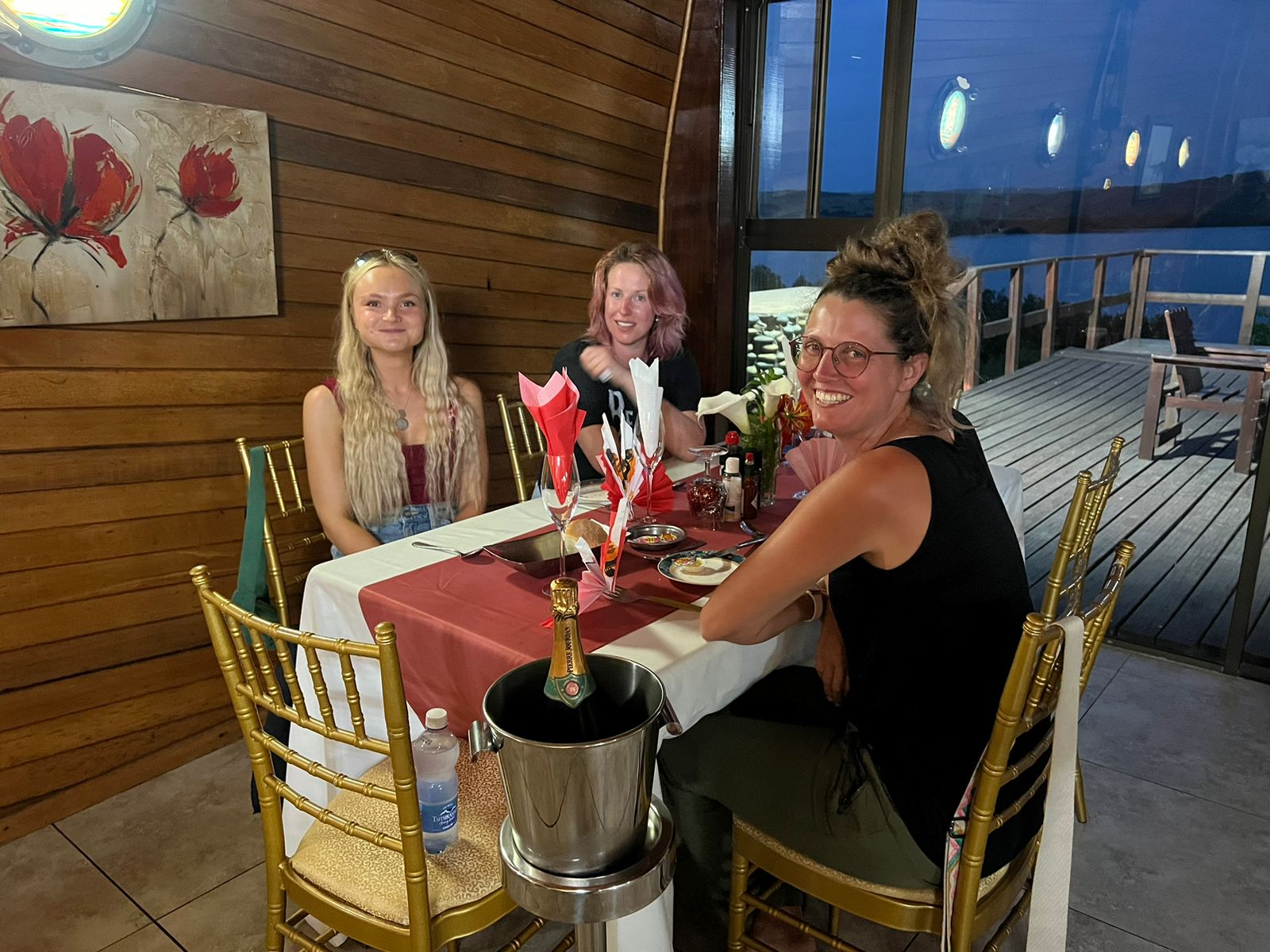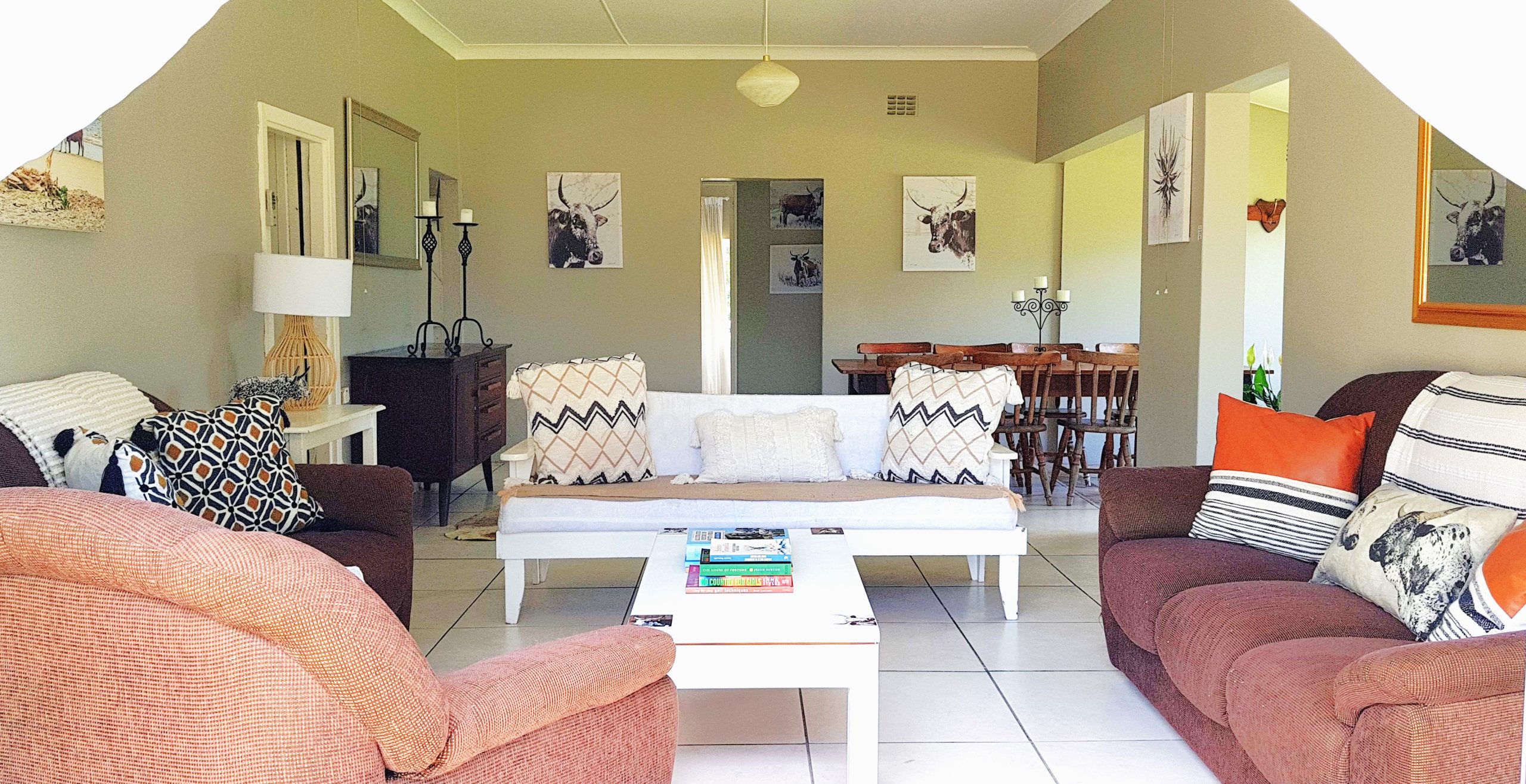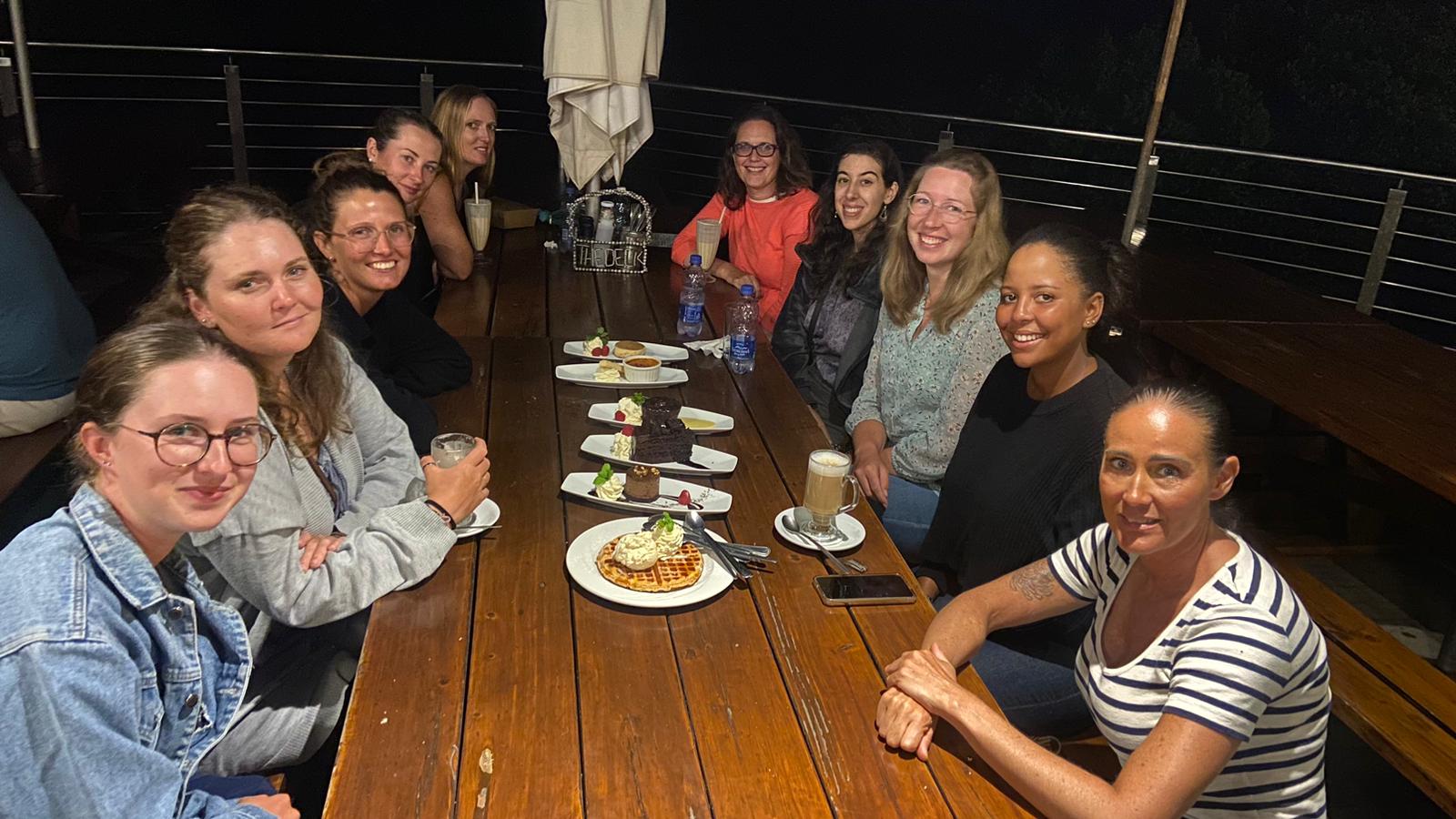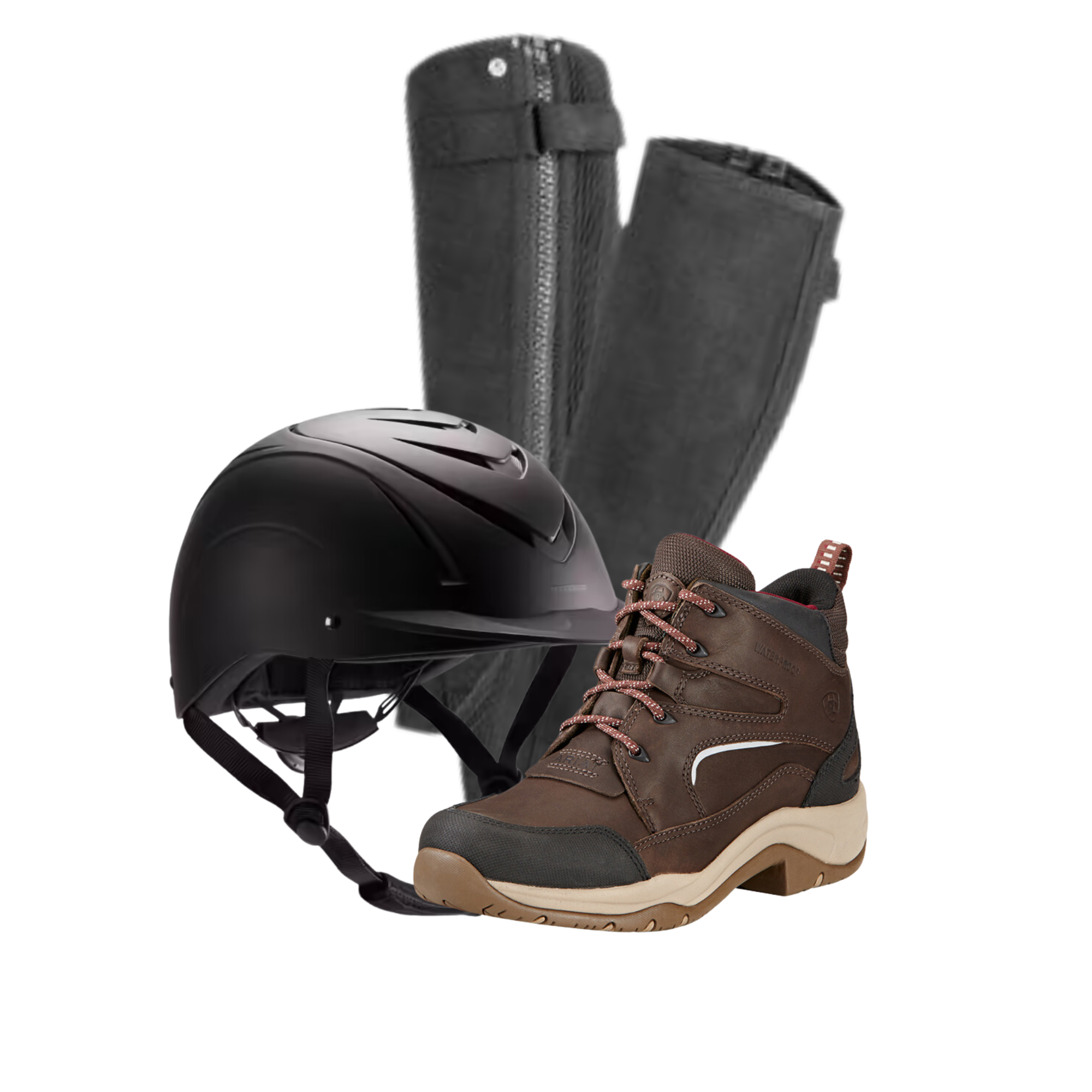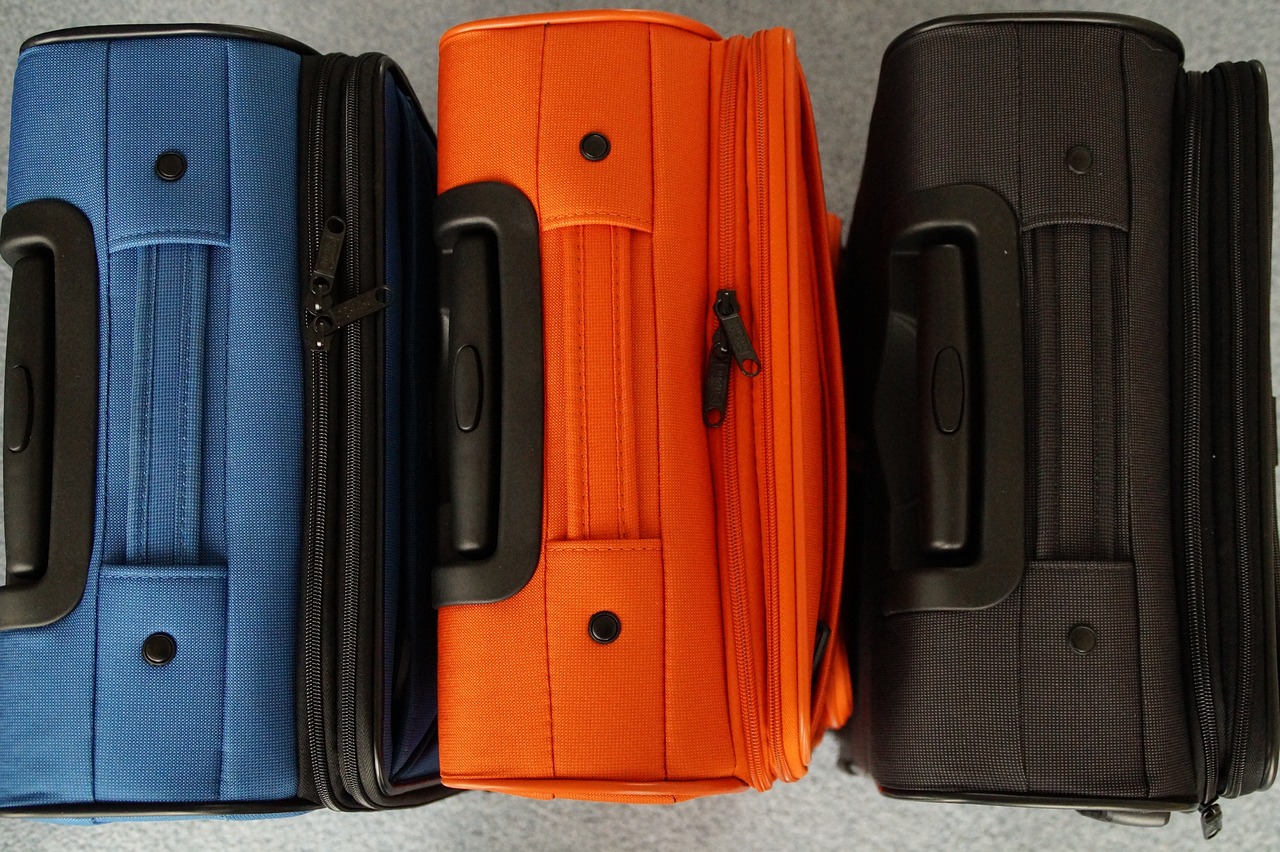Overview
How it works.
You come to South Africa on a 90-day holiday visa and stay for 1 to 12 weeks.
You cover your own travelling expenses to and from Kei Mouth, and East London, South Africa.
A non-refundable deposit is payable to confirm your place. (25% deposit and balance payable 30 days before you arrive)
Your stay is on a self-catering/eat out basis and includes all riding and equine interaction.
Your accommodation with Wi-Fi & laundry is provided in a lovely fully self-contained holiday home.
There is a small supermarket close by for groceries, snacks and lunch items and local coffee shops for other treats and amazing heat and eat meals. (Meals/food/snacks at local restaurants, pubs & shops are not included) (You can eat really well for about €9/ £7.50/$10 a day, including groceries, snacks and drinks).
You have your own private bedroom in a shared house and access to free Wi-Fi.
You will need your own money for groceries/spending/lunch/snacks/drinks/weekends/dinners out etc.
You will be assisting the team with the day-to-day care of the horses (grooming & feeding), schooling, fitness training & taking local holiday makers on beach rides.
EAT, SLEEP, RIDE, REPEAT and LIVE LIKE A LOCAL!
A HORSE-RIDING EXPERIENCE IN SOUTH AFRICA, WHERE HORSES ARE A WAY OF LIFE...
Bring along your spirit of adventure and a love of great outdoors and escape to our horse-filled life in South Africa. Our horses are much loved; they are a mixture of Arab, Boerperd, Thoroughbred and Percheron crosses that are perfect for trail riding. You will be delighted by how gentle, well-trained and friendly they are! The trail team is kept endurance fit to be able to complete our adventure trails along the coast, while our younger horses are brought on carefully with ground work and schooling.
What you will experience.
Understanding and practicing the principles of holistic horse care of horses that live out year-round in the African bush.
• Daily care of the horses, including grooming and feeding.
• Cleaning tack and equipment and basic yard maintenance.
• Introduction to barefoot trimming, riding and management.
• Our horses all live out, so there are no stables to muck out.
• We do regular ground work with our horses.
• Exercising & schooling horses in basic flat work & jumping.
• Fitness training, exercise & care of the horses.
• Assisting and taking out local holiday makers on beginner and more advanced out rides in Kei Mouth & Morgan Bay.
Daily Routine
Our horses live out 24/7 in paddocks situated at the Kei Mouth Country Club about 2.5km from where we live. We go to the yard everyday at 8am, and bring the horses in for feeding, grooming and checking. The rest of the morning is spent riding and schooling the horses or taking out any beach rides that are booked.
Afternoons vary with the seasons, but always follow the natural rhythm of life here—where the tides, sun, and trail bookings shape the day more than a rigid clock ever could.
Our schedule changes from week to week, and revolves around beach ride bookings and our overnight trails arriving and departing, so there is always something different and interesting happening.
This isn’t just a horse holiday—it’s a way of travelling that gives back. As you ride through coastal villages, wave to local school kids, or share stories over sundowners, you become part of a deeper exchange. Your presence here supports small, community-based hotels, helps keep our horses fit and well-cared for, and contributes directly to our community-based model of sustainable tourism.
Other Activities
Sunday is a free day for you to sleep in, enjoy beach time, go out for lunch or just chill out and watch Netflix!
During your stay, there’s plenty of free time to explore and enjoy everything the area has to offer. We arrange regular outings to the beach, local markets, restaurants, and nearby attractions. You can join game drives, go paddling, try abseiling, hike scenic trails, unwind with a river cruise or spa treatment, and even head out to sea with Clint for a dolphin-spotting adventure.
With a month or more to play with, there's plenty of time to fit it all in at a relaxed pace. To learn more about life in our little coastal village, visit www.keimouth.co.za.

